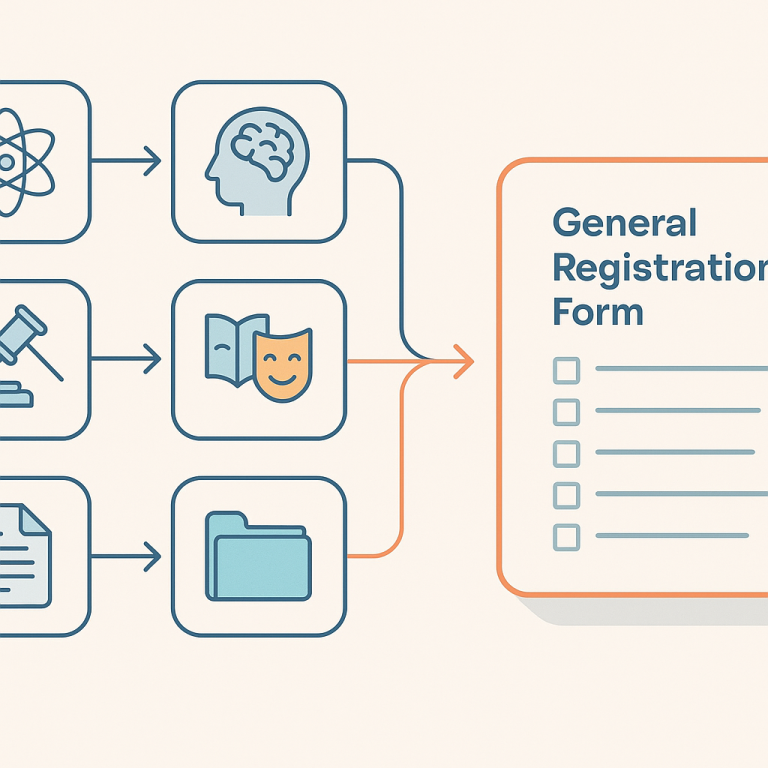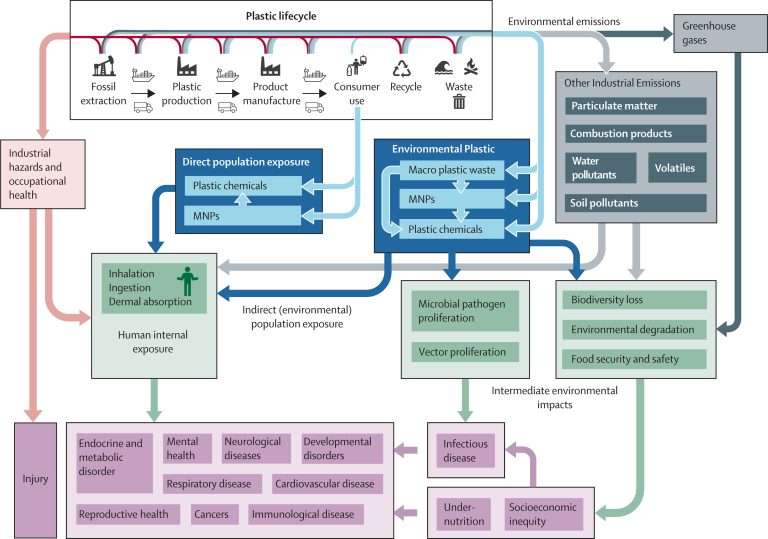Address
Heidelberg University
Im Neuenheimer Feld 205, 4/325
69120 Heidelberg
Germany
Contact
Uliana Kachnova
uliana.kachnova@uni-heidelberg.de
Explore the peer-reviewed papers, reports and policy briefs that chart our progress in untangling plastics, climate stress and antimicrobial resistance.

This paper presents a generalized registration form for systematic reviews that can be used when currently available forms are not adequate. The form is designed to be applicable across disciplines (i.e., psychology, economics, law, physics, or any other field) and across review types (i.e. scoping review, review of qualitative studies, meta-analysis, or any other type of review). That means that the reviewed records may include research reports as well as archive documents, case law, books, poems, etc. Items were selected and formulated to optimize broad applicability instead of specificity, forgoing some benefits afforded by a tighter focus.

Real change starts with the people who live and work beside the water. TULIP invites neighbourhood associations, fish-farm cooperatives, school groups and municipal planners to sit at the same table as microbiologists and hydrologists. Together they decide what needs to be measured, where to collect samples and which solutions fit local realities.

Forecasting future health risks is no longer guesswork. TULIP fuses hydrodynamic particle tracking, climate projections, machine-learning risk maps and socio-economic data into a single modelling suite. Every water sample, lab culture and household survey flows into that digital twin, refining it week by week.

A single plastic fragment can travel hundreds of kilometres, changing shape and gathering microbes along the way. TULIP tracks that journey from city street to sea shelf. Drones and satellites flag floating slicks; river sensors count particles below the surface; and GPS-tagged drifters reveal where currents, dams or storm surges concentrate debris.

Plastics are a grave, growing, and under-recognised danger to human and planetary health. Plastics cause disease and death from infancy to old age and are responsible for health-related economic losses exceeding US$1·5 trillion annually. These impacts …